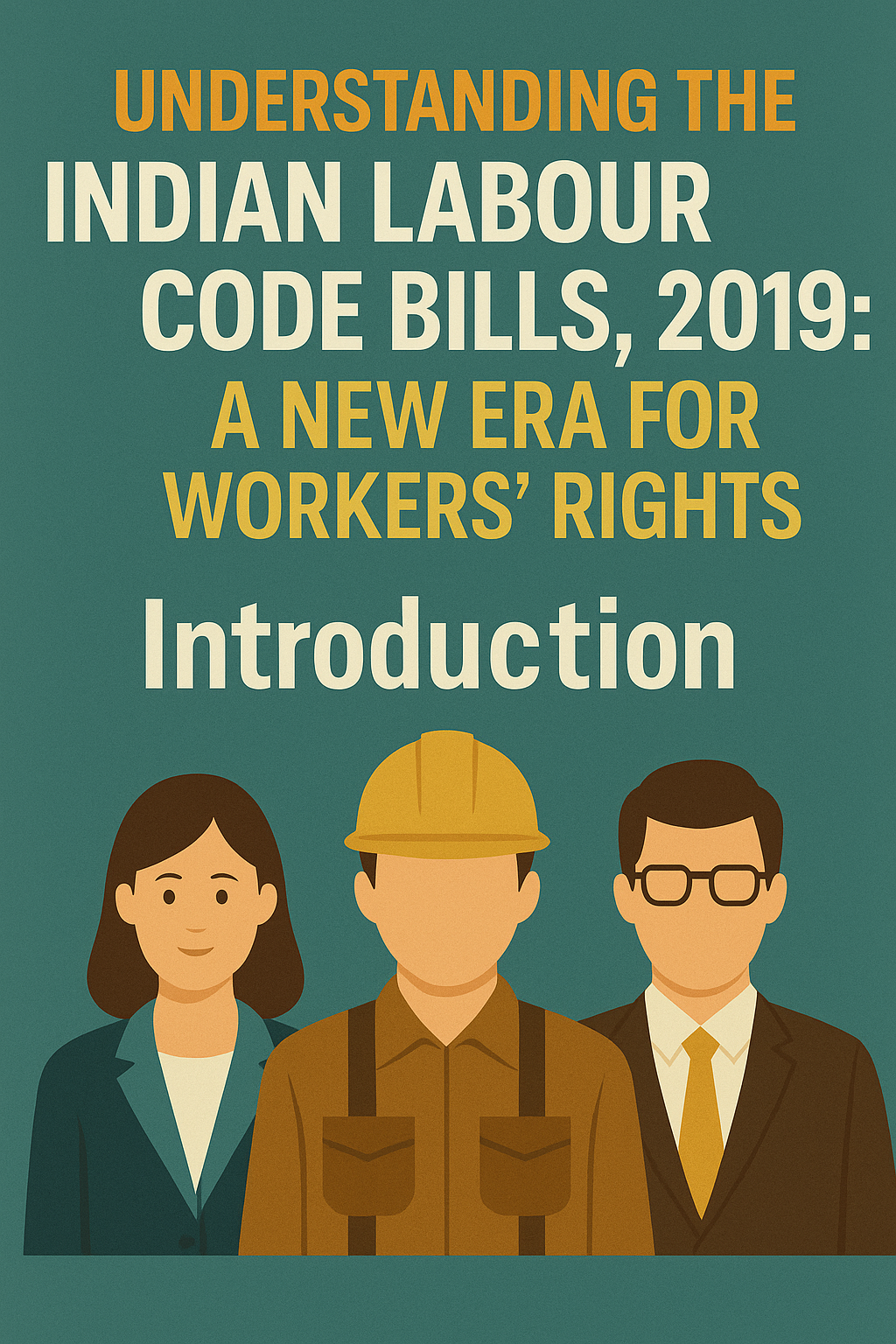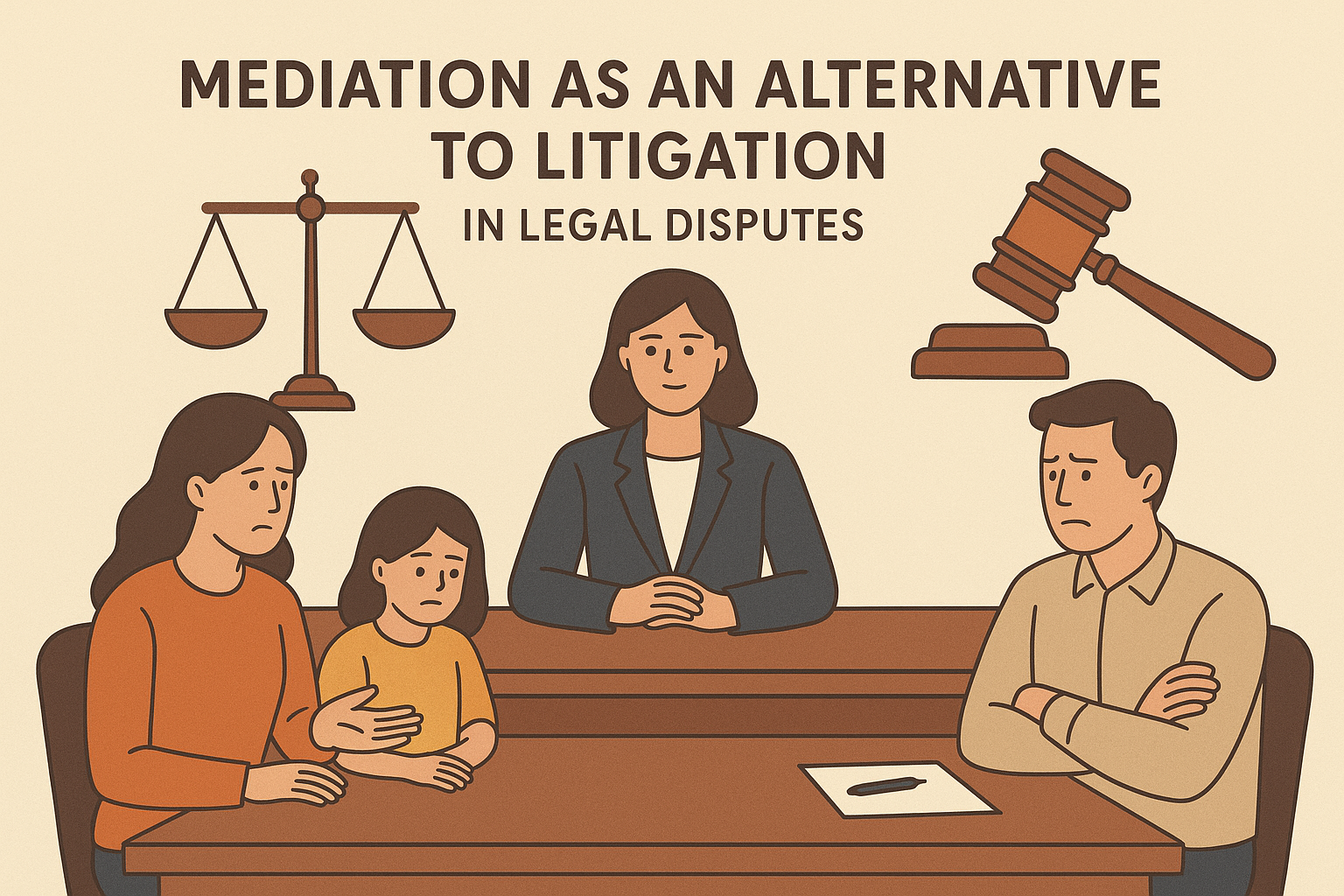By Divyata Verma, Student at The Iconic School, Bhopal
Email: divyata7113v@gmail.com
Email: divyata7113v@gmail.comEmail: divyata7113v@gmail.coEmail: d
Consuming disinfectants and sanitisers cure COVID-19!’. Such headlines took the world by storm as people began to drink disinfectants and ultimately die. Not only that, At least 800 people may have died worldwide in early 2020 due to COVID-19 misinformation, researchers report. A study in the American Journal of Tropical Medicine and Hygiene estimates that about 5,800 people hospitalized due to social media misinformation. A question arises that what were governments doing during that time? Though already having plenty on their platters, governments around the world tried to curb misinformation and many got success immediately, but critics argued that they were suppressing dissent and limiting freedom of speech.
In 2023, a research article’s headline was, ‘Female stupidity at its best. They all need to die.” Violent and sexualised hate speech targeting women approved for publication by social media platforms.’ These cases highlight the complex balance between public safety and free speech.
Throughout the history many gave their arguments about something intangible called ‘freedom of speech’, for instance: “Liberty is meaningless where the right to utter one’s thoughts and opinions has ceased to exist’’, on one of the many cold nights of December 18660, at Tremont Temple Baptist Church in Boston, proclaimed the great American orator and former slave Frederick Douglass, as he delivered one of his finest speeches, “A Plea for Free Speech in Boston”. This articulation was remarkable but one of many.
When I was reading about ‘freedom of speech’ in my school, I got more evidences that it wasn’t always as what we know it today. Earlier it was based on status and conditions, as so called ‘inferiors’, on the basis of colour, race, birth, etc, were subjected to zero to few rights with varying degrees, for instance, during apartheid. A thorough analysis of past works and debates can show us that ‘freedom of speech’ is open to many interpretations. ‘Freedom of speech’ is a liberty and thus in terms of positive liberty and negative liberty, taking reference form Isaiah Berlin, it can mean freedom of speech even within certain constraints and freedom of speech with the absence of external constraints and interference respectively. Here, I would like to take the stance that freedom of speech is part of the broader concept ‘freedom’ and assume that whenever in the essay ‘freedom’ is discussed, ‘freedom of speech’ is concerned. Freedom of speech can be a regional, national or global right. It can be conditional or absolute, and can have a contextual interpretation.
Similarly, limitations can be enforced ‘on’ all or different groups (minorities, majorities, social groups, etc) ‘by’ different bodies (states, nation, culture etc) ‘regarding’ all or certain subjects (education, media, religion etc) ‘due to’ presence of issues (obscenity, blasphemy, sedition etc) ‘for’ harmony (public order, public interest, child protection, etc). They can also curb rights, and are called oppressive as opposed to reasonable.
‘Limitations’ are subjective to scope, regulating bodies, etc however for clarity hereafter I would mean limitations in a general and non-specific sense. The question, then, is how far limitations should go.
In this digital era, misinformation and hate speech can be easily dissipated which can result in grave consequences in many sectors. To name a few, public health (COVID-19 example above), finance (false financial news can manipulate markets), stability (such narratives can incite violence and unrest), emotional harm (cyberbullying) and ad infinitum. From this, it can be seen that freedom of speech should have stricter limitations in the context of misinformation and hate speech online. Karl Popper’s Paradox of Tolerance argues that for a liberal society to sustain itself, it must be intolerant of intolerance. Thus, limitations on speech—whether partial or complete censorship—are sometimes necessary.
Contrarily many arguments, often in support of negative liberty, have stemmed. As John Milton in Areopagitica asserts that censorship weakens truth, John Stuart Mill believes that even false ideas often contain partial truths. Stricter limitations would censor even more, are prone to misuse by the powerful, suppress dissent, curb the ambit of online media and knowledge and hide brutal essential facts.
Albeit zero or weak limitations can cause a chaotic and unjust society. After all, it was Mill only who stated ‘ The sole end for which mankind are warranted, individually or collectively, in interfering with the liberty of action of any of their number, is self-protection. That the only purpose for which power can be rightfully exercised over any member of a civilized community, against his will, is to prevent harm to others’ ‘The Harm Principle’. Here the ‘harm’ can be caused by misinformation and hate speech online, while the prevention method can be extended to mean stricter limitations. From this it can be inferred that freedom of speech is subjected to limitations. Just like Karl Popper argued that for a liberal society to sustain itself, it must be intolerant towards intolerance. However, Popper did not propose that intolerant ideas need to be suppressed.
Some may argue that current limitations are doing fine. Why need more stricter ones? I ask, ‘Is it?’ Current limitations are not reaching the desired result, had they been then would the situation in the pandemic would be that much worse? Many platforms only react after the content has gone viral, making the damage irreversible. Companies hesitate to take strong actions due to ‘free speech’ concerns and profit motives, prioritizing engagements over accuracy. Plus there is a lack of global consensus for regulating online speech, nonetheless, the online world has no borders.
Imposing needed limitations is not violating the law as the law commands to put them in place for just requirements of morality, public order, public safety and the general welfare in a democratic society. Rather than infringing, limitations protect individual rights, including the right to a safe environment (digital environment), dignity, etc. Every individual, in the exercise of their rights and freedoms, shall be subject only to those restrictions that are established by law. These limitations must serve the specific purpose of ensuring that the rights and freedoms of others are duly recognized and respected. Additionally, such restrictions should be in place to uphold the essential principles of morality, maintain public order, and safeguard the general welfare of society within a democratic framework. Any constraints imposed must be justifiable, proportionate, and necessary to balance individual liberties with the broader interests of the community, ensuring a harmonious and equitable social order
As mentioned, the pros of stricter limitations overrule those of the opposite side, but absolute or arbitrary limitations would be unjust and would pierce the very nature of human rights and the rule of law, on the other hand, regulated stricter limitations are needed. Stricter limitations, when applied judiciously, do not weaken free speech; rather, they strengthen it by ensuring that it is not weaponized to harm others. Better fact-checking units can be deployed, using A. I and human intelligence partnership, fight misinformation with information (like YouTube which encourages users to click on the links with verified and vetted information that would debunk the misguided claims made in fake or hateful content), etc. In the end, freedom of speech must coexist with responsibility. As Karl Popper warns, tolerance of intolerance can destroy a free society. To protect democracy and the rule of law, we must recognize that freedom, like all rights, comes with limits—limits that, when carefully crafted, can preserve the very values we seek to uphold.
We need a balance between protecting individual rights and maintaining public safety. This balance is a nuanced concept and shall be treaded carefully since even a bit of unnecessary laxity or rigidness can result in undesired results.
Bibliography
A Coleman, ‘Consuming disinfectants cure COVID-19!’: The damage caused by social media misinformation, BBC News (2020) https://www.bbc.com/news/world-53755067
I Berlin, ‘Two concepts of liberty’ (Stanford Encyclopedia of Philosophy 2002) https://plato.stanford.edu/entries/liberty-positive-negative/#TwoConLib P Soman, ‘What is the paradox of tolerance in philosophy?’ (The Hindu 2017) https://www.thehindu.com/opinion/op-ed/what-is-paradox-of-tolerance-in-philosophy/article19535448.ece.
T Bingham, The Rule of Law (Penguin Books 2010).
Global Witness, South Africa: Women journalists and hate speech (Global Witness 2020) https://www.globalwitness.org/en/campaigns/digital-threats/south-africa-women-journalists-hate-speech/
A Folland, ‘The harm principle and the nature of harm’ (Cambridge University Press 2022) https://www.cambridge.org/core/services/aop-cambridge-core/content/view/6C0EFFF0C8685AF937C06A8ACF610F12/S0953820821000352a.pdf/the-harm-principle-and-the-nature-of-harm.pdf




